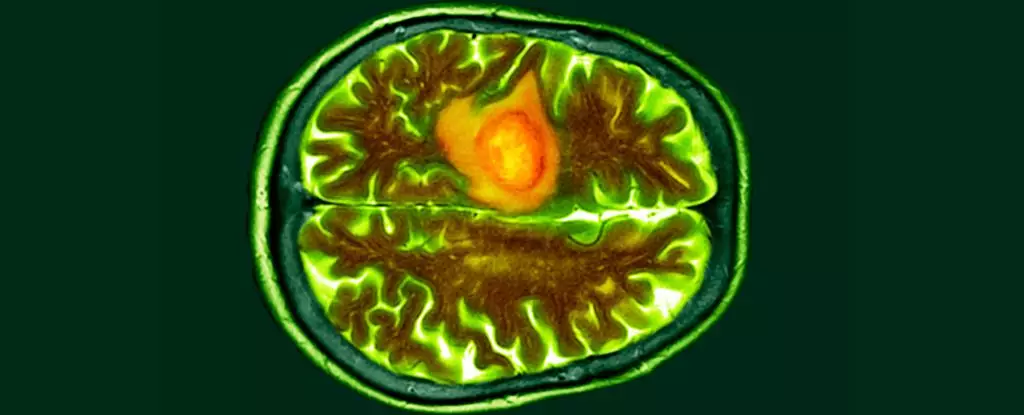The field of medical science is ever-evolving, with researchers constantly striving to find new and improved methods for detecting and diagnosing diseases. One such breakthrough comes in the form of a liquid biopsy for brain cancer. Unlike traditional surgical biopsies, this new method requires only 100 microliters of blood and can detect biomarkers associated with glioblastoma – the deadliest form of brain tumor – within an hour.
The liquid biopsy developed by a team of scientists from the University of Notre Dame in the US is based on detecting mutated blood biomarkers, known as epidermal growth factor receptors (EGFRs), which are overexpressed in certain cancers, including glioblastoma. These biomarkers are found within extracellular vesicles, unique nanoparticles secreted by cells.
To detect these biomarkers, researchers used a supersensitive biochip equipped with a tiny sensor coated with antibodies that attract exosomes carrying mutated EGFRs. When these EGFRs attach to the biochip, a voltage change occurs in the plasma solution, indicating the possible presence of cancer. The biochip costs less than US$2, making it an affordable and efficient tool for diagnosis.
While the liquid biopsy shows promise in detecting cancer biomarkers with excellent accuracy, there are still some limitations to consider. Mutated EGFRs are not exclusive to glioblastomas and can be linked to other diseases, such as colorectal cancers. This lack of specificity means that the test may not be able to diagnose all cases of potential glioblastoma or determine the type of cancer a patient has.
Despite these limitations, the researchers believe that the liquid biopsy has great implications for cancer research, biomarker discovery, and disease monitoring, not only for brain cancer but for other types of cancer as well. To improve the specificity of the test, the team plans to analyze larger cohorts of glioblastoma patients to identify unique biomarkers that set them apart. By scaling up the diagnostic platform for large-library testing, the researchers aim to establish specific profiles for different cancers at various stages.
The development of a liquid biopsy for brain cancer represents a significant advancement in the field of medical diagnostics. This innovative technology offers a faster and less invasive alternative to traditional methods of cancer detection, with the potential to revolutionize the way we diagnose and monitor the disease. Despite some limitations, the liquid biopsy shows great promise for the future of cancer detection and treatment. With further research and refinement, this groundbreaking technology could pave the way for more accurate and personalized cancer diagnostics.

